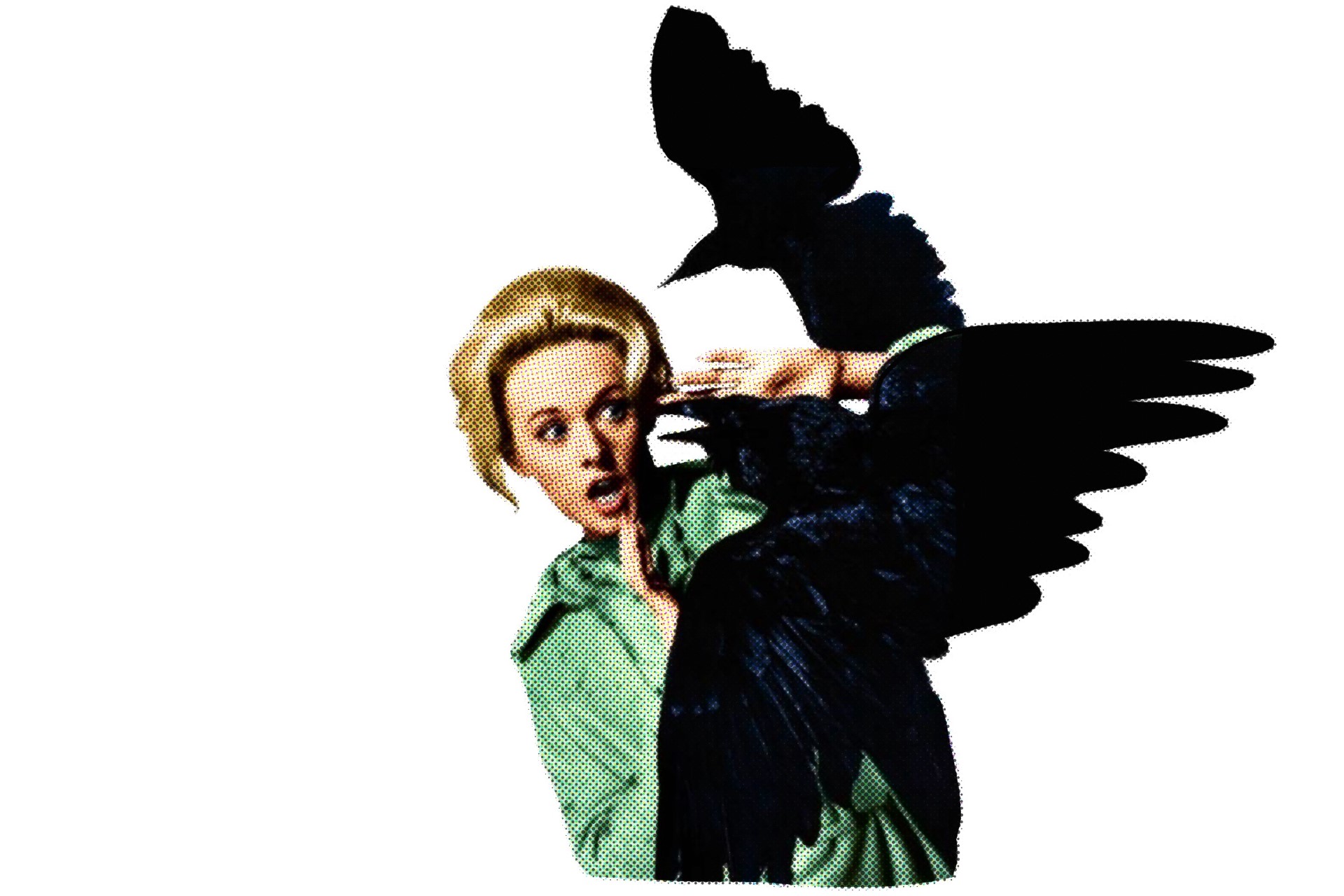
The Garden Cinema is proud to present a major retrospective of the legendary master of suspense: Alfred Hitchcock. Arranged in three parts, this season provides an overview of Hitchcock’s career and contains his most revered films.
Until 8 June:
Act I: 1927 – 1945, Britain and Early Hollywood years
We begin our journey on these shores, in the fog of the silent era, for Alfred Hitchcock’s breakthrough film, The Lodger (1927). After taking in some of the greatest British thrillers such as The Man Who Knew Too Much (1934), The 39 Steps (1935) and The Lady Vanishes (1938), we’ll be whisked away to Hollywood by David O. Selznick for the first of his collaborations with Hitchcock, the hauntingly magnificent Rebecca (1940). Hitchcock’s favourite of his own creation, Shadow of a Doubt (1943), will round out Act I. Check listings for screenings with guest introductions and a specially commissioned new live score for The Lodger.
Until 19 July:
Act II: 1945 – 1954, Post-war Hollywood and Independent Productions
The end of WWII corresponds with the end of Hitchcock’s working relationship with David O. Selznick, but not before they make Spellbound. Having endured the spectre of Selznick’s influence over the production of Notorious, even after sale of the project to RKO, Hitchcock founded his own production company, Transatlantic Pictures. Stung by the interference of studios (and Selznick), independence allowed Hitchcock to experiment with Rope and, with considerable effort, to make Strangers on a Train. But despite their formidable status today, both films received lukewarm receptions from critics and audiences. We end this section of the season with a taste of what is to follow, a first collaboration with Grace Kelly with Dial M for Murder.
From 11 August:
Act III: 1954 – 1963, Hitchcock’s Masterpieces
Our Hitchcock odyssey concludes with arguably his most fertile period: an inspired decade-long stretch during which he made some of Hollywood’s most beloved movies. Of the titles shown here, Vertigo (1958), Psycho (1960), Rear Window (1954), and North by Northwest (1959) feature in the top 50 of Sight and Sound’s recent greatest films of all time poll, with The Birds (1963) also listed in the top 200. Alongside this pantheon of classics are perhaps the lightest of his late works, To Catch a Thief (1955), and the only instance of Hitch reworking Hitch, The Man Who Knew Too Much (1956).
Check listings for screenings with guest introductions and discussions.